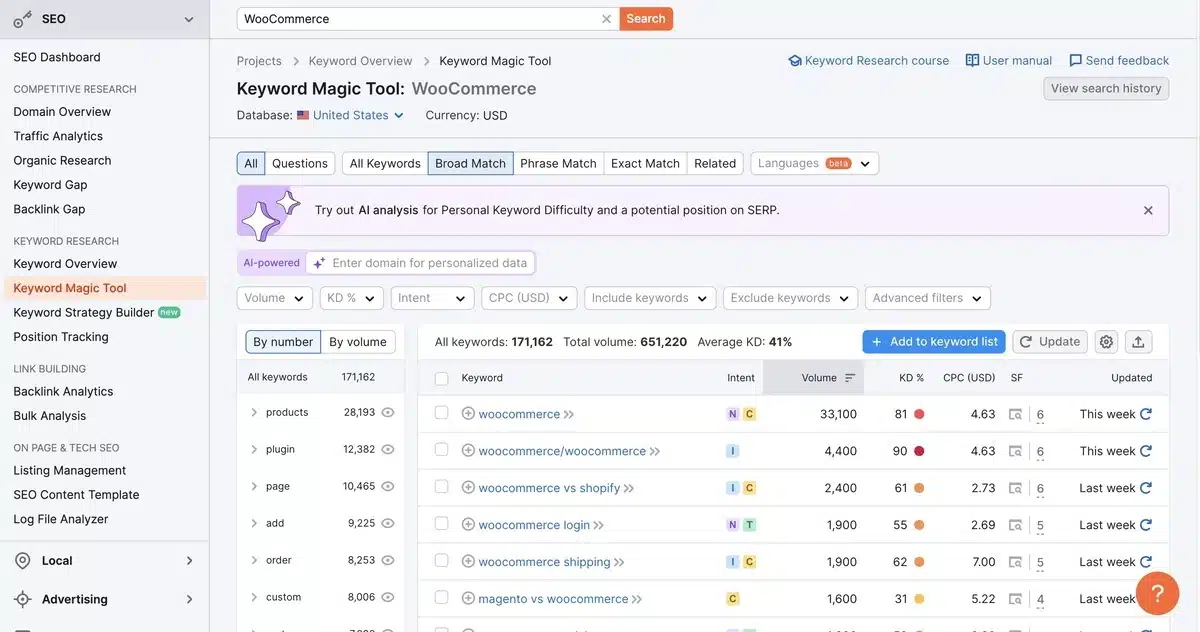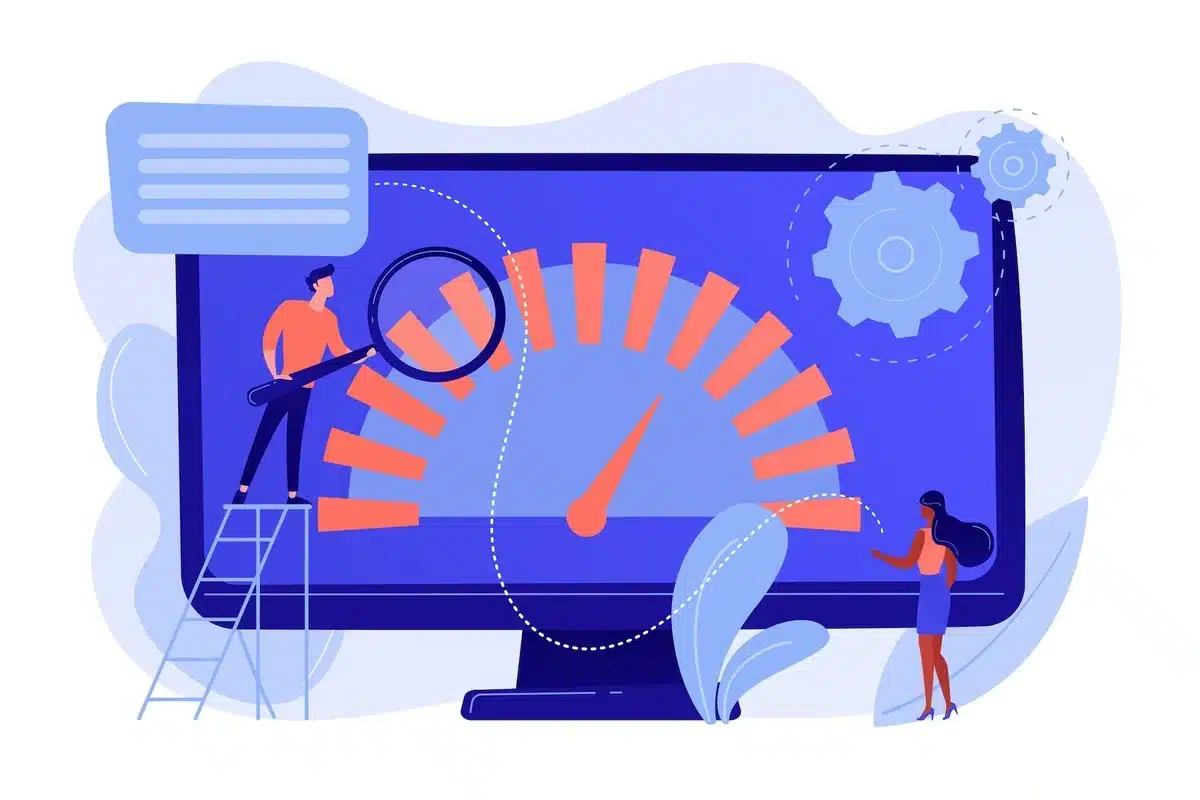What Do You Need To Balance When Doing SEO?

When beginning the journey of Search Engine Optimization (SEO), balance is the key to success.
Optimizing your website to rank higher in search engine results, boost exposure, and increase traffic are all part of the intricate process known as SEO.
But it goes beyond simply building backlinks and cramming your content with keywords.
High-quality content, user experience, technical efficiency, and strategic keyword usage are all necessary for effective SEO, as is keeping up with the always changing search engine algorithms.
In this blog post, we’ll understand what do you need to balance when doing SEO to make sure your efforts produce long-lasting and significant outcomes.
Understanding SEO
Anyone wishing to improve their online presence must understand SEO (Search Engine Optimization), and a critical component of this process is understanding what factors to balance when performing SEO.
SEO is essentially the process of making a website more visible on search engine results pages (SERPs).
This entails combining off-page and on-page tactics, such as technical optimization, backlink development, content production, and keyword research.
Maintaining equilibrium between these components is crucial for drawing in search engines and giving users a smooth, worthwhile experience.
Businesses and individuals may make sure that their websites are easily discoverable, relevant, and engaging by knowing what to balance while handling SEO.
In the end, this will increase organic traffic and lead to sustained online success.
Let’s Understand On-Page and Off-Page SEO
Search engine optimization consists of two main components: on-page and off-page SEO. It is important to know which to balance while doing SEO in order to increase your website’s exposure and rating on search engine results pages (SERPs).
On-Page SEO
Using optimization strategies directly on your website is known as on-page SEO. This covers image optimization, internal linking, meta tags, headers, URL structure, and the quality of the content.
Making your website’s content more relevant and simple to read for both users and search engine crawlers is the aim of on-page SEO.
Each page will be well-structured, educational, and optimized for specific keywords by maintaining a balance between these components, which will increase the page’s likelihood of ranking higher.
Off-Page SEO
Activities taken off your website that affect your ranks in search engine results pages are referred to as on-page SEO.
Building backlinks from other reliable websites is the main goal here, as these serve as authority and trust-voting signals for your content. Guest blogging, influencer outreach, and social media marketing are further off-page SEO strategies.
Off-page SEO aims to improve the website’s overall ranking potential by enhancing search engines’ perceptions of its authority, legitimacy, and trustworthiness.
What Do You Need To Balance When Doing SEO
It’s crucial to know what to balance while performing SEO (search engine optimization). To get the greatest results, you need to balance a number of aspects, including:
1. Keyword Optimization

When thinking about what to balance when doing SEO for effective SEO techniques, improving visibility, and attracting organic traffic, balancing keyword optimization is a critical component.
(We utilized Semrush Keyword Research Planner in the graphic above.)
It’s important to strike the correct balance because just filling content with keywords might degrade user experience and result in search engine penalties.
Rather, proficient SEO professionals organically and engagingly blend into their material.
This keeps the information relevant for search engine algorithms while ensuring that it is still valuable to human readers.
Businesses may negotiate the difficulties of SEO and obtain higher ranks without sacrificing quality or user delight by strategically placing and carefully choosing their keywords.
2. Content Quality

Finding the right balance is crucial when it comes to the intricacy of SEO, and content quality is one area where this is very evident.
When conducting SEO, what should you balance? As a cornerstone, high-quality content bridges the gap between companies and their intended audience.
Readers are drawn in, and search engine algorithms are guided by this beacon.
Each word, sentence, and paragraph needs to have a purpose and meaning of its own, providing the reader with insightful information while skillfully integrating relevant keywords.
This balance is important for building authority, fostering real connections, and generating organic traffic in addition to search engine optimization.
In order to achieve SEO success, content quality is crucial and necessitates constant attention and commitment.
3. Website Structure

Your website’s structure is the foundation of your online presence when it comes to search engine optimization.
Search engine rankings and user experience are both improved by a well-structured website.
Website structure is something that needs to be carefully considered when trying to balance SEO elements.
Creating a simple and easy-to-use navigation system will make it easier for users to navigate your website, which will reduce bounce rates and increase engagement metrics.
Furthermore, when your information is clearly ordered, search engine crawlers can efficiently index it, assuring optimum visibility in search results.
Everything on your website, from building clear and informative URLs to adding breadcrumb navigation, affects how well it performs overall in search engine optimization.
As a result, putting in the time and effort to optimize the structure of your website is crucial and the first step in figuring out what factors to balance while doing SEO.
4. On-Page Optimization

When beginning an SEO campaign, it is important to realize that balance is key to getting the best possible outcomes.
But when it comes to SEO, what have to you balance? Enhancing a website’s visibility and ranking on search engine results pages (SERPs) starts with on-page SEO.
In order to satisfy the demands and preferences of human users and search engine algorithms at the same time, a webpage’s numerous elements must be carefully adjusted.
On-page optimization necessitates careful consideration, from carefully placing targeted keywords into headers, meta tags, titles, and body text to guaranteeing a smooth user experience with clear navigation and captivating multimedia components.
It involves striking a strategic balance between creating engaging, educational content that appeals to the target audience and satisfying the technical specifications specified by search engines.
Any website looking to make a name for itself in the cutthroat digital world must learn the art of on-page optimization as search engines change and consumer expectations adapt.
5. Technical SEO

In order to ensure that a website can be effectively crawled, indexed, and ranked by search engines, technical SEO is essential.
It entails taking care of backend elements of a website, including meta tags, URL structure, mobile friendliness, and site speed.
Neglecting technological issues might cause a site’s performance in search results to be delayed, even when content and keywords are crucial.
It is essential to combine technical SEO with other optimization strategies in order to increase organic traffic and visibility.
Businesses may improve user experience, improve site accessibility, and rank higher in search engine results pages (SERPs) by optimizing technical features.
Technical SEO includes a variety of techniques to enhance a website’s general health and performance in the digital sphere, from executing structured data markup to optimizing robots.txt files. It helps you understand what factors to balance while doing SEO.
6. Backlinks

It is crucial to comprehend the significance of balance when exploring the nuances of SEO.
Backlinks are one of the many important elements to take into account.
When conducting SEO, what should you balance? Return links, of course.
These priceless backlinks from other websites act as a testimonial to the authority and applicability of your website.
Finding the ideal mix is crucial, though. It’s critical to strike a balance between backlink number and quality.
Although having a varied portfolio of backlinks is ideal, getting connections from reliable, pertinent sites should take precedence.
Avoiding spammy or pointless links protects the reputation of your website and guarantees that it complies with search engine regulations.
You can easily increase your website’s visibility and authority in search engine rankings by fostering real connections within your business and concentrating on obtaining high-quality backlinks.
7. User Experience

User experience (UX) makes a strong case for being balanced above all other aspects of SEO and should never be disregarded.
In addition to keeping users interested, a flawless user experience tells search engines that your website is trustworthy and easy to use.
A positive user experience is influenced by various elements such as mobile responsiveness, easy navigation, quick page loads, and high-quality content.
Improved search engine rankings can result from people staying on your site longer, interacting more, and returning in the future when they find it useful and easy to use.
Optimizing your website for search engines while maintaining a laser-like focus on user experience will guarantee that visitors to your website stay on it longer and make more conversions, which will lead to long-term success.
8. Monitoring and Adaptation

Success in SEO strategy requires constant monitoring and adjustment. Staying stagnant is not an option in the constantly changing world of online competition and search engine algorithms.
By regularly using analytics tools to check your website’s performance, you can keep an eye on important metrics like traffic, bounce rates, and keyword rankings.
This data sheds light on what is effective and what requires development. Adaptation is modifying your site’s technical aspects, changing its content, or fine-tuning your keyword tactics in light of these discoveries.
You can make sure that your SEO efforts continue to be efficient and sensitive to algorithm changes as well as evolving user behaviour by striking a balance between ongoing monitoring and purposeful modifications.
This dynamic strategy ultimately promotes continuous organic growth by enhancing user experience and maintenance and improvement of search ranking.
Conclusion: What Do You Need To Balance When Doing SEO
To sum up, knowing what to balance when doing SEO is essential to getting the best results.
Every aspect of your website’s performance, from carefully selecting keywords and producing excellent content to streamlining technical aspects and improving user experience, matters.
Additionally, you may greatly increase your visibility by concentrating on local SEO when appropriate and developing a strong backlink profile.
Finally, you can remain ahead of algorithm modifications and changing consumer preferences by continuously monitoring and adapting.
You can create a comprehensive SEO plan that not only raises your website’s search engine ranks but also gives your audience meaningful and engaging experiences by carefully balancing these components.
FAQs: What Do You Need To Balance When Doing SEO
What effect do keywords have on SEO?
The words and phrases people employ when looking for information online are known as keywords. By using pertinent keywords in your content, you increase the likelihood that search engines will grasp the purpose of your website and rank you higher for those phrases.
What is creating an SEO-friendly URL structure important?
Because it makes it easier for consumers and search engines to deduce the content of your website from the URL alone, an SEO-friendly URL structure is essential. Improved click-through rates and improved search engine indexing can be achieved with concise, informative URLs.
For SEO purposes, how often should I change the content on my website?
Adding new content to your website on a regular basis can help with SEO. Up-to-date, pertinent content draws visitors in and motivates search engines to visit your website more frequently, which could enhance your rankings. Try to update your content no less than once each month.
Does using social media affect SEO?
Social media usage can have an indirect impact on SEO even though it has no direct effect on SEO rankings. Social networking may create backlinks, raise brand awareness, and enhance website traffic. Improved search engine rankings can be attributed to all of these variables.
How do I monitor the effectiveness of my SEO?
With the use of resources like Google Analytics, Google Search Console, and different SEO software, you can monitor your SEO performance. By giving you access to data on user behaviour, keyword rankings, website traffic, and other crucial indicators, these tools let you evaluate and modify your SEO tactics.

Kartika Musle
A Tech enthusiast and skilled wordsmith. Explore the digital world with insightful content and unlock the latest in tech through my vision.

Leave a Reply